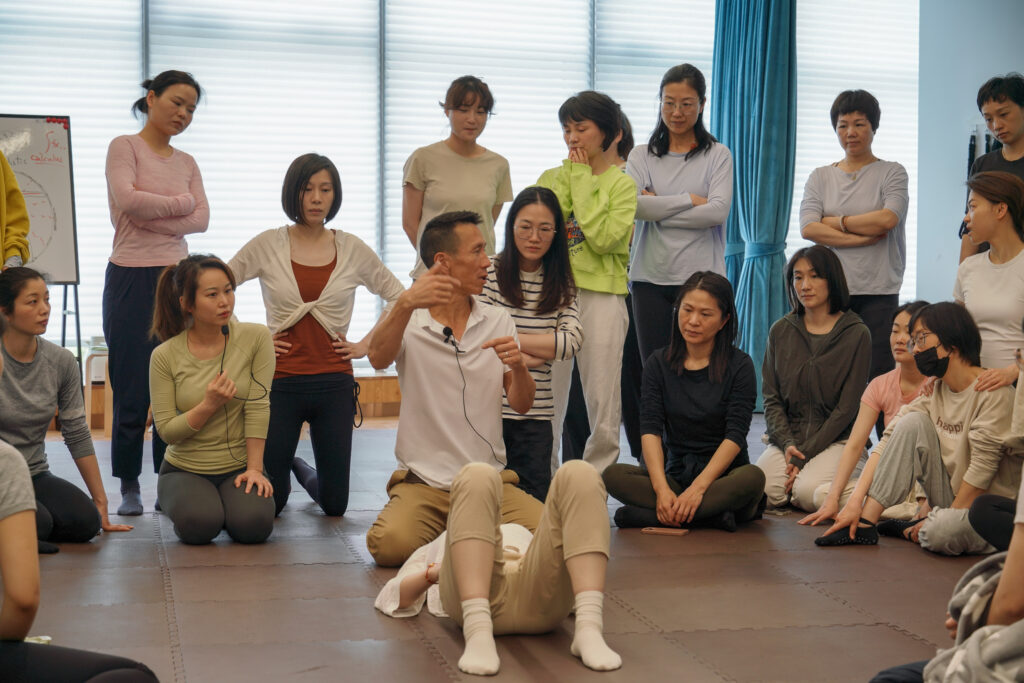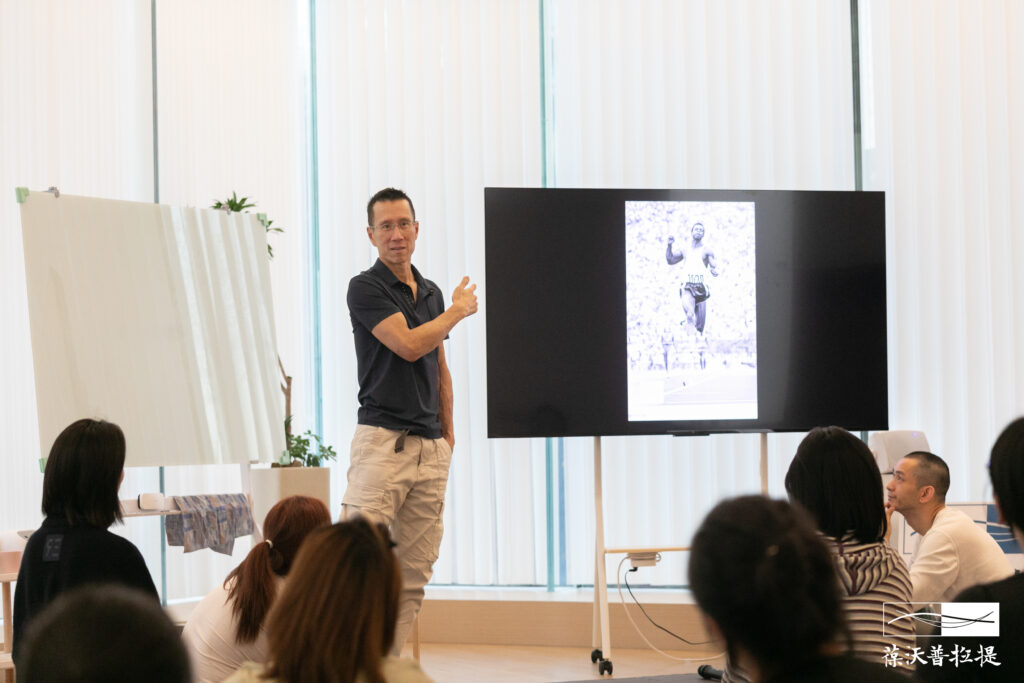At school any spontaneous act was likely to get me into trouble. I learned never to act on impulse, and that whatever came into my mind first should be rejected in favour of better ideas. I learned that my imagination wasn’t “good enough.” I learned that the first idea was unsatisfactory because it was (1) psychotic; (2) obscene; (3) unoriginal.
The truth is that the best ideas are often psychotic, obscene and unoriginal.
-KEITH JOHNSTONE, Impro: Improvisation and the Theatre
Rooted in Bagua, Taichi, and the Feldenkrais Method, the workshops, classes and training program offered through this site take advantage of the mind’s intrinsic and vast ability to learn via sensorimotor exploration. Over the long term, students are likely to not only discover their strength, speed, agility, flexibility, balance and vitality improving in surprising ways, but experience a decrease in parasitic tension, fatigue and discomfort.
The posts on this site consist of articles, interviews, talks and videos that take a deeper look into some of the major themes of my books: what it means to be human, what it means to be free, what it means to learn, and how each of these meanings not only shapes, but is itself shaped by the cultural and material conditions of society.
For a more humanistic view on learning, listen to this delightful interview with jazz virtuoso, Bill Evans or alternatively, check out one of one of my articles on the subject. For some of the crucial concepts on learning handed down from the Enlightenment, check out this talk given by Noam Chomsky at the University of Arizona in ’12. Finally, if we want a society based on humanistic values, perhaps it’s time to end the proliferation of what the late anthropologist David Graeber called “bullsh*t jobs.”
For an example of how art (including film, literature and music) can help restore, or at the very least, give profound insight into our shared sense of humanity, check out renowned author, artist and art critic, John Berger, reading “Ghassan Kanafani’s, “Letter to Gaza.” Alternatively, click here to see Leonard Cohen at the tender age of 77 explaining the three main influences on his work.
For those of you who are familiar with an early iteration of the website, which went by the title, “Radically Transformative Fitness,” you may be wondering about the name change. Click here to read a short blurb on the subject.

Education is meant to be subversive. It gives students the ability and the language to ask questions about reigning assumptions and ideas. It questions dogma and ideology. It can, as [Howard] Zinn writes, “counteract the deception that makes the government’s force legitimate.”
-CHRIS HEDGES

